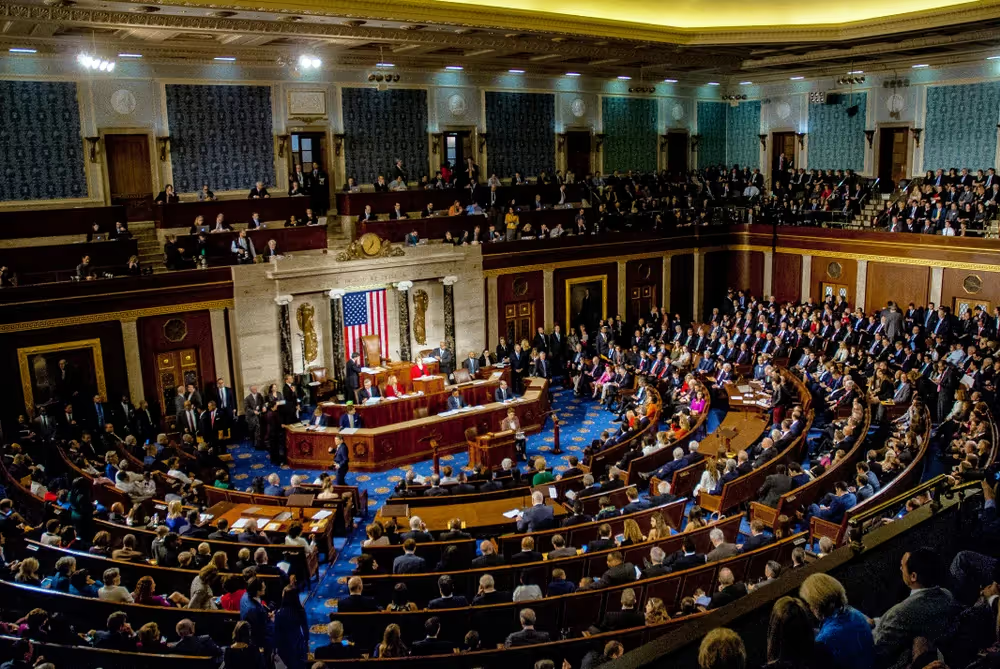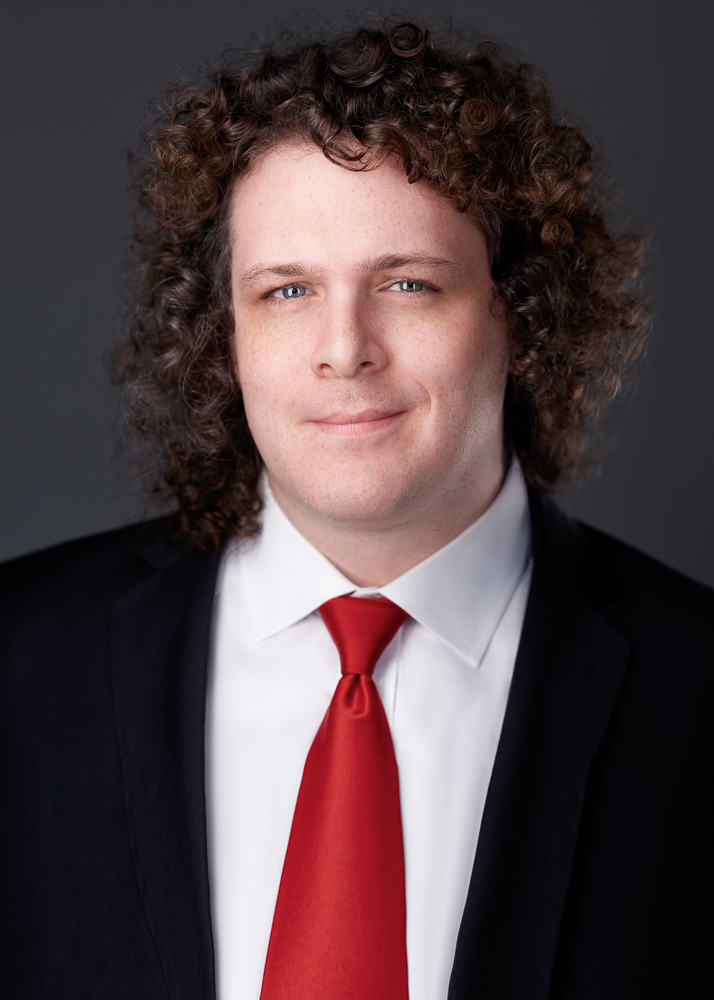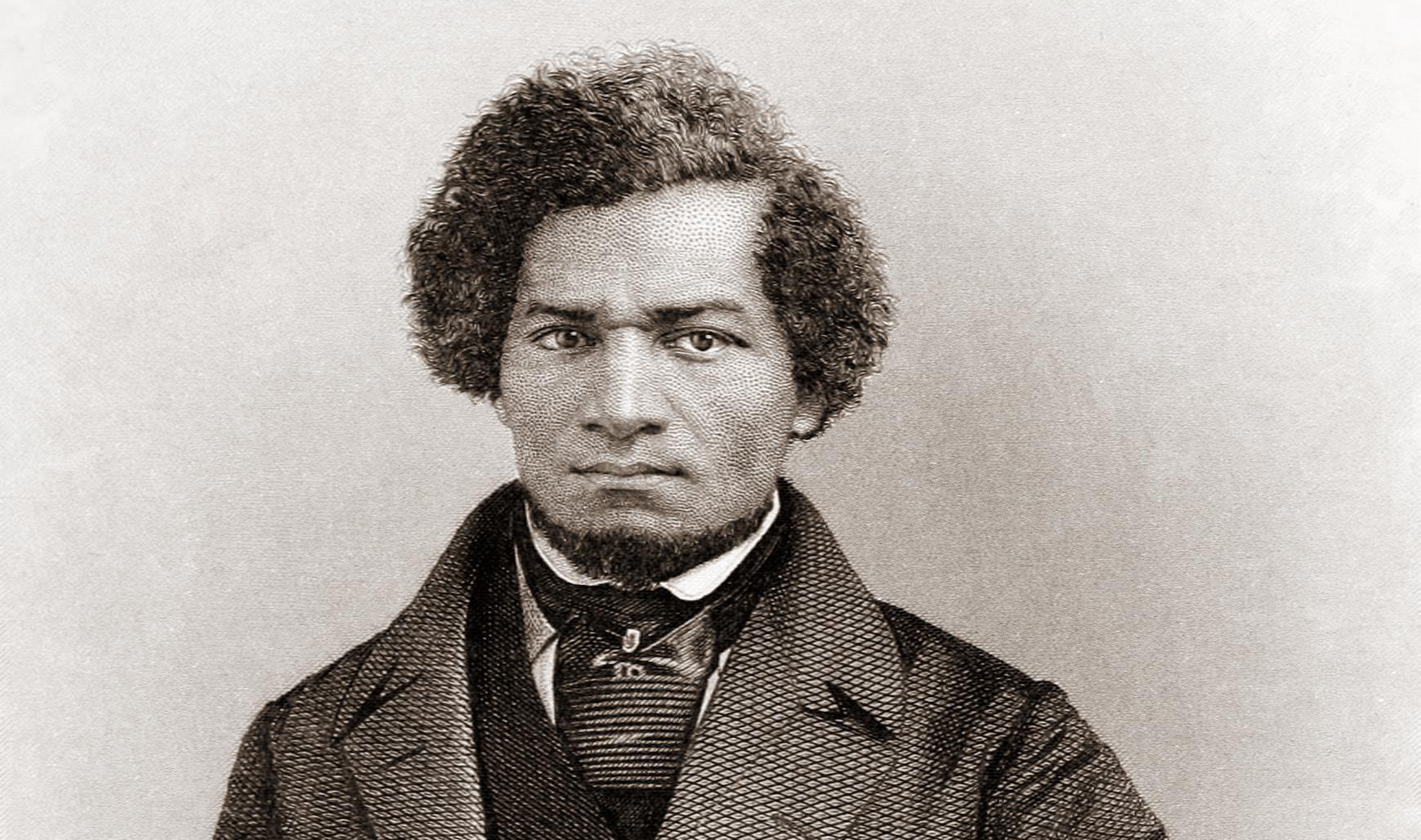
What is the Future of the Federalist Society?
The Federalist Society's playbook must change if it is to continue leading the conservative legal movement.
Over the past four decades, the Federalist Society (FedSoc) has climbed from an obscure organization to the apex of influence. What started as a group of students criticizing the liberal legal order has now become the embodiment of the prevailing conservative jurisprudence. The recent National Lawyers Convention provided an opportunity to toast the FedSoc’s successes, and there is much to celebrate. But this moment also presents something of an inflection point. For nearly half a century, FedSoc has followed the same playbook under the same leadership: a debating society that does not take any position on legal issues. But Eugene Meyer, the society’s stalwart and venerated President, plans to step down soon. As the leadership search continues, the conservative legal movement should take stock of what the future portends for FedSoc.
The origin story of FedSoc is the stuff of legends. A few conservative law students at Yale and the University of Chicago formed a club to challenge the orthodoxies of the liberal Warren Court. Guided by mentors like Robert Bork and Antonin Scalia, the society hosted debates between scholars on the right and left. At that time, FedSoc was a mere curiosity, so progressive professors did not see much threat in participating. But make no mistake, the presence of liberal legends helped legitimize the conservative views. This was the genius of the FedSoc model: to grant credence to off-the-wall conservative ideas, they needed “mainstream” scholars to participate and give them a platform. All along, Fed Soc itself took no position on issues. It was merely a debating society.
This strategy proved more successful than anyone could have imagined. Chapters flourished at nearly every law school. Members graduated, clerked, and established successful lawyer chapters in cities nationwide. Lawyers in the movement served at all levels of federal and state government and at the highest ranks of law firms and think tanks. This organic movement, always a debating society at its core, turned the tables. Over time, FedSoc was no longer this ascending curiosity but became the legal hegemony. A majority of the Supreme Court has at least some connection with FedSoc. (Chief Justice John Roberts denied he ever personally paid dues, and Justice Amy Coney Barrett let her membership lapse for nearly a decade without any explanation.) And every name considered for the next Supreme Court vacancy was on the program of the recent national convention. Today, FedSoc provides a platform for liberal speakers at its debates, not vice versa.
Yet, there are headwinds. First, there is a long-simmering tension between social conservatives and the libertarian wings of the movement. For example, in the leadup to the landmark Dobbs decision, which overruled Roe v. Wade, FedSoc’s national convention largely ignored the abortion issue. To this day, many social conservatives still feel slighted. Second, FedSoc has long favored a strong deregulatory focus, which was a priority of the Reagan Administration. However, the Trumpism of the Republican party seeks to use government power to promote conservative goals. Third, FedSoc has long favored the lowercase-c approach to conservatism: moderation and restraint. This jurisprudence was a natural choice when originalism and conservatism were minority viewpoints on the Supreme Court. But now, and for the foreseeable future, the roles have reversed. Judges with courage have more cachet than those seeking passive restraint.
While FedSoc may still see itself as a mere debating society, critics on the left see FedSoc as a force of evil. The terrain has changed. There is a relentless campaign to delegitimize conservative jurisprudence altogether. High-minded discussions of “Court reform” are distilled down to the populace as an attack on the judiciary itself. There was an assassination attempt on Justice Brett Kavanaugh for his faithful application of the law. Protestors stand vigil outside the home of the other Justices, forcing them to wear bullet-proof vests. The U.S. Marshal Service maintains a chart tracking the timing between specific tweets about judges and death threats against those judges. On campuses, FedSoc speakers, including federal judges, are protested as enemies.
The metaphorical firing line has become an actual firing line for conservative lawyers. At the recent convention, Judge James C. Ho of the Fifth Circuit Court of Appeals argued that to FedSoc’s “critics, this isn’t a debate—it’s a war.” And if it is a war, the battle plans of days gone by may no longer work. Indeed, the FedSoc’s quaint mission statement has not been changed since the series finale of M*A*S*H. (If you do not get this reference or the William F. Buckley reference above, then you’ve proven my point.)
People today may think FedSoc harbors something close to a monopoly on conservative legal thought. But history teaches that the dominance of market share is not permanent. Recall the organizations that climbed to the top with one strategy, were unable to or willing to adapt to changes in the order, and were never able to recover their greatness. Intel failed to anticipate AI. Southwest Airlines was unable to address price bundling in airfare. Blackberry never figured out touchscreen phones. Blockbuster Video could not compete with streaming. Kodak was not ready for digital cameras. And so on. Organizations that fail to innovate become punchlines. Indeed, even political parties are not set in stone. Compare the present-day ascendant Republican party with the Grand Old Party of 2008, 2000, 1980, 1968, 1868, etc. Nothing lasts forever.
I have been a devoted member of FedSoc since my first year of law school in 2006. I deeply hope that FedSoc maintains its relevance and influence for another four decades. But I worry that the celebrated approach that worked to climb the sunrise side of the mountain may lead to its decline on the other side. What is that new approach? I do not know, and it should be, as is true to FedSoc’s core, a matter of debate. However, maintaining the status quo is not sustainable.
Josh Blackman holds the Centennial Chair of Constitutional Law at the South Texas College of Law Houston, and is the co-author of An Introduction to Constitutional Law: 100+ Supreme Court Cases Everyone Should Know. He is a contributing editor to Civitas Outlook.

Trump’s Tariff Tantrum
Trump leaps from the frying pan into the fire in the aftermath of Learning Resources v. Trump.

The Administrative State’s Sludge
Congress has delegated so much power across so many statutes that it’s hard to find a question of any public importance to which some agency cannot point to policymaking authority.
.avif)
The Roberts Court Invokes Congress and the Constitution
The Court's message is that ultimate policy authority lies in the hands of Congress.
Get the Civitas Outlook daily digest, plus new research and events.









.jpeg)